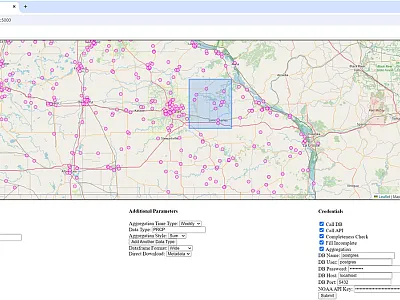Benefits of Acting as a Reviewer for Early Career Professionals

Being a reviewer for a journal as an early career professional can be highly beneficial for several reasons:
1. Building Expertise
Reviewing scientific manuscripts allows you to stay updated on the latest research areas, methodologies, and developments in your field of interest. It gives you an opportunity to explore deeper into various new topics and broaden your knowledge and understanding. By consistently reviewing papers within your area of interest, you gradually become an expert in that specific field. This expertise not only aids in evaluating others’ work but can also pave the way for initiating your own research in a specialized niche.
2. Networking and Recognition
Reviewing for journals puts you in contact with established researchers and editors in your field. This can lead to networking opportunities, collaborations, and recognition within your academic community. Many journals recognize their reviewers by providing benefits to access their publications, offering discounts on purchasing their books, and giving reviewer‐of‐the‐year awards.
3. Improving Writing and Critical Analysis Skills
Reviewing manuscripts helps enhance your ability to critically evaluate research papers and improve your analytical skills. Through the review process, you will learn to effectively communicate scientific feedback to your peers. Reviewing may increase your ability to convey complex scientific ideas in simplified versions, a skill valuable not only in academia but also in various professional settings. Reviewing can also provide insights into effective scientific writing, helping you become a better writer yourself.
4. Contributing to the Academic Community
As a reviewer, you play a crucial role in upholding the quality and integrity of scholarly publications, thereby contributing valuable knowledge to the academic community. The evaluation that you provide ensures that only high quality research that meets academic standards gets published. By assessing the validity of methodologies, analytical procedures, data curation and analysis, conclusions, and recommendations, you help maintain the standard of published work.
5. Career Advancement
Serving as a reviewer can enhance your CV or resume, demonstrating your commitment to academic rigor and your involvement in the scholarly publication process. Certain academic jobs, like professorship, require you to serve your professional community by contributing as a reviewer or editor. This reviewer activity may also open doors for future opportunities such as editorial roles or collaborations.
6. Gaining Insights into the Review Process
As a reviewer, you acquire knowledge of the actual behind‐the‐scenes peer review process, which can be invaluable if you plan to submit your own work for publication in the future. As a reviewer, your thoughts and questions regarding a particular manuscript that you were reviewing could pave a way to correct your manuscript writing.
7. Professional Development
Engaging in the peer review process offers a chance for professional development in your field by getting feedback and appreciation from editors and refining your reviewing skills over time.
8. Mentoring Opportunity
Reviewing will provide you a lot of experience you can use in turn to mentor and guide your students in improving their research and writing skills.
Remember, being a reviewer requires commitment, responsibility, and ethical conduct. During your early career, it is important to serve your field through these kinds of review processes. You can serve as a reviewer for journals, magazines, or funding agencies. It is important to provide constructive feedback to authors while maintaining confidentiality and integrity throughout the review process. As an early career professional, it is an excellent way to contribute to your field while also furthering your own growth and development. So, volunteer yourself whenever you can to provide your service to the Society’s journals and other journals that you might be interested in publishing in the future and contribute to science.
Text © . The authors. CC BY-NC-ND 4.0. Except where otherwise noted, images are subject to copyright. Any reuse without express permission from the copyright owner is prohibited.







